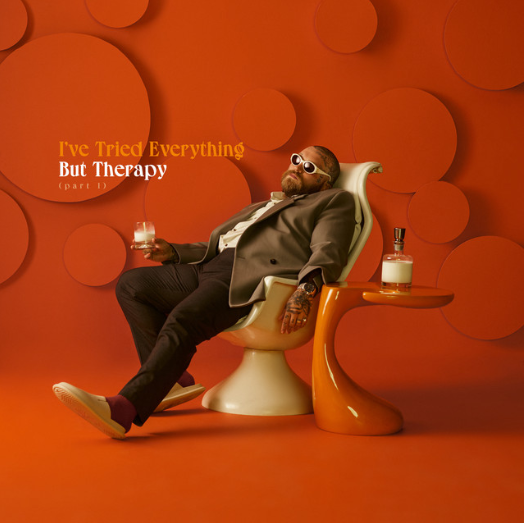Adaptation of Safran Foer novel manipulates audience emotion
“Extremely Loud and Incredibly Close” is now playing in theaters— and just in time to claim a Best Picture nomination for the 2011 Academy Awards. It’s up for the prestigious title along with the likes of “War Horse,” “The Descendents,” “The Artist,” “Midnight in Paris,” “Moneyball,” “The Tree of Life,” “The Help” and “Hugo.” When paired with a Best Supporting Actor nomination for Max von Sydow, it is hard not be impressed at first glance.
Based on the novel by Jonathan Safran Foer, the film revolves around young Oskar Schell (Thomas Horn), whose father (Tom Hanks) died at the World Trade Center on 9/11. Oskar is very anti-social and, for a nine year-old boy, he is particularly intelligent. Through the use of flashbacks, we see that Oskar’s father is his hero, and the only one who can truly relate to him.
His father had developed a sophisticated set of clues and adventures for Oskar to complete, which were also aimed to help him overcome his fears of public transportation, talking to strangers, and crossing bridges. On 9/11 (which he calls “The Worst Day,”) Oskar is sent home from school early, and has an exceptionally traumatic experience as he listens to several voice messages left by his father. He is in such a state of shock that he is unable to answer the phone.
Oskar is left alone with his mother (Sandra Bullock) and his grandmother, to whom he is closest, after the loss of his father. One year after the incident, Oskar starts snooping around his dad’s closet, and finds a key in an envelope marked “Black.” He assumes this is another clue his father left him, and decides that it must belong to a person.
He goes on to search for every person with the last name “Black” in the phone book. As he sets out on his journey, he meets a mysterious mute known as “The Renter” (von Sydow), and grows more and more frustrated with his lack of progress as the game turns into an obsession that might never end.
Newcomer Thomas Horn makes a formidable effort, playing the difficult role of Oskar. It’s a shame that he will be forever known as the boy who won Jeopardy and screeched too painfully long in this film. His part is intended to be in-your-face, but Director Stephen Daldry’s interpretation is just plain unbearable. Horn’s valiant effort is upstaged by the repeatedly painful moments that end up defining his character.
Hanks and Bullock are fairly shallow characters, through no fault of their own. The use of flashbacks to show Oskar and his father makes Hanks come across as a mythical character. He is infallible and, well, perfect. Bullock, on the other hand, is relegated to the role of the depressed mother who cannot relate to her son. Besides one touching moment at the end, all we see of her is one tone of the distraught, single mother.
One of the brightest spots in the movie is von Sydow’s role as The Renter. Dialoguing only through handwritten notes, he is thoughtful, clever and funny. It’s a well-deserved nomination for the veteran Swedish actor, and he provides much-needed relief from the chaotic mess that is Oskar. John Goodman is also cast wonderfully as the doorman at the Oskar’s apartment building.
When the phrase “tearjerker” gets thrown around, sappy romance movies such as “The Notebook” and “Titanic” often come to mind. If not a struggle of hopeless love, these movies bond to us with deep emotional ties and rip our hearts out by throwing their characters’ dreams in the mud. “Extremely Loud” attempts to do this, but without first establishing solid main characters that we can relate to.
When these empty characters are combined with the emotion associated with 9/11, it is very confusing. It was still really hard not to cry, but that’s not the point. The two polarities are very confusing and, although they do elicit emotion, it feels forced. National tragedy is almost an afterthought, and takes an awkward backseat to the strange adventures of this nine year-old boy. Bringing up a topic as sensitive as 9/11 or the Holocaust is always a big gamble, because it is so hard to capture the raw emotion involved, and anything less than perfect on-screen comes up short.
How this film garnered a Best Picture nomination is beyond me, as it has only a 46 percent positive rating on rottentomatoes.com. The cinematography was excellent, and that team deserves many praises, but even this cannot overcome the awkward, underdeveloped characters.











